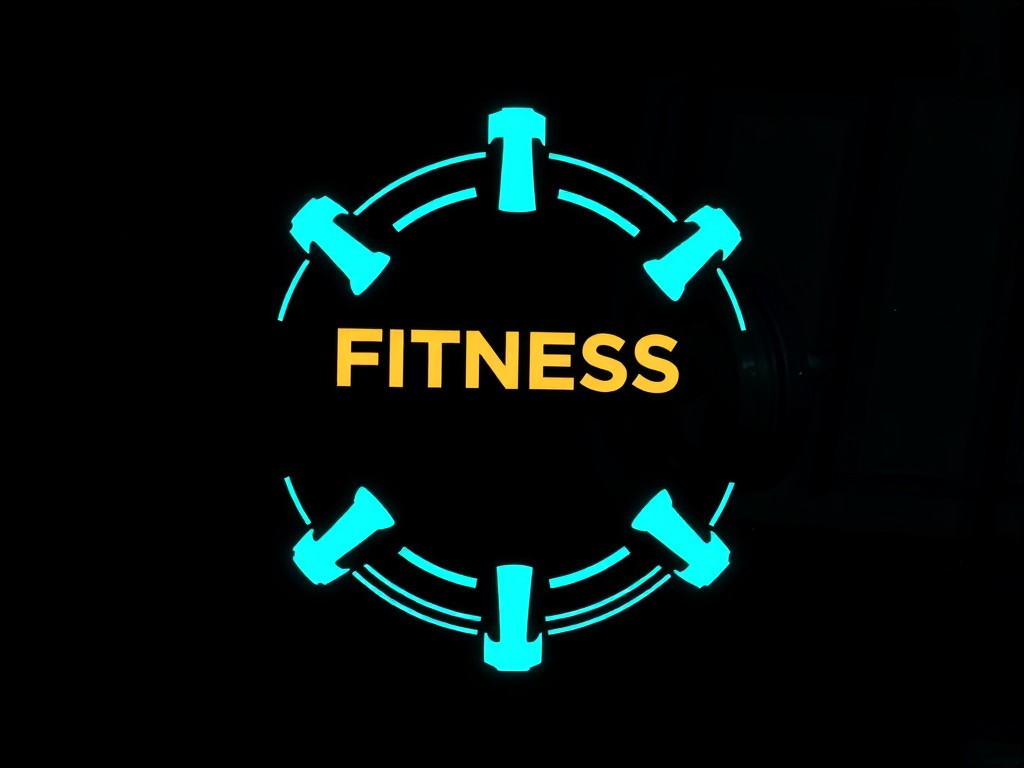In the world of competitive sports, training often focuses on physical fitness and skills. Mental health, however, is often overlooked. For coaches, especially in UK track and field, integrating mental health programs into athlete training can re-define how they approach the well-being and performance of their athletes. It’s not just about building physical strength, but also fostering mental resilience and stability.
Understanding the importance of mental health in athletes
Before diving into how you, as a coach, can integrate mental health programs into your athletes’ training, it’s essential to understand why mental health matters in sports.
Also to see : How can UK hockey goalies improve their reaction times using specialized drills?
Mental health plays a fundamental role in an athlete’s overall well-being and in their performance. Stress, anxiety, depression and other mental health issues can severely affect an athlete’s physical performance. They may find it difficult to concentrate, lose stamina quickly, or even become prone to injuries. Furthermore, mental health issues can hinder an athlete’s ability to cope with the pressures and demands of competitive sports.
Just like you wouldn’t ignore a physical injury, mental health issues cannot be ignored either. Recognizing and addressing these issues should become a cornerstone of athlete training, and as a coach, you can play a vital role in this process.
Also to see : What methods can UK ski instructors use to teach advanced techniques to beginners?
Incorporating mental health awareness into training
One of the first steps in integrating mental health programs into athlete training is raising awareness. This involves educating athletes about the importance of mental health, the signs and symptoms of mental health issues, and the resources available to them.
You can arrange for mental health professionals to come and give talks to your team or organize workshops on topics related to mental health in sports. You should also encourage open discussions about mental health and create a safe and accepting environment where athletes feel comfortable sharing their thoughts and feelings.
Remember that promoting mental health awareness is not just a one-time event, but a continuous process that should be integrated into your regular training schedule.
Creating a supportive environment
A supportive environment can make a significant difference in an athlete’s mental health. As a coach, you have the power to create such an environment where athletes feel valued, understood, and supported.
This can be done by fostering positive relationships among team members, encouraging team bonding activities, and promoting good sportsmanship. You should also be available and approachable for your athletes, letting them know that they can come to you with any concerns or issues they may have.
It’s important to maintain open lines of communication with your athletes. Regular check-ins can help you gauge their mental state and provide them with the support they need.
Implementing mental health interventions
The implementation of mental health interventions is another crucial step in integrating mental health programs into athlete training. Interventions can range from mindfulness practices and relaxation techniques to cognitive behavioral therapy (CBT) and professional counseling services.
Mindfulness practices such as yoga and meditation can help athletes manage stress and anxiety, improve concentration, and enhance their overall mental well-being. CBT can be used to help athletes reshape negative thought patterns and develop healthier coping strategies.
You can also consider bringing in a sports psychologist or a mental health professional to provide counseling services to your athletes. They can provide individual therapy sessions, group therapy sessions, or even mental health workshops tailored to the needs of your athletes.
Collaborating with mental health professionals
Collaboration with mental health professionals is key to successfully integrating mental health programs into athlete training. As a coach, you may not have the expertise to handle severe mental health issues. In such cases, it’s important to know when to refer your athletes to professionals who do.
You can build relationships with local mental health clinics, psychologists, and psychiatrists who specialize in sports psychology. They can provide you with additional resources, support and guidance on how best to address the mental health needs of your athletes.
Mental health professionals can also train you and other staff members on how to identify the signs of mental health issues and how to respond appropriately. This training can equip you with the tools you need to better support your athletes and their mental health.
In the fast-paced, high-pressure world of track and field, integrating mental health programs into athlete training can have a profound impact. Not only can it improve athlete performance, but more importantly, it can enhance their overall well-being. As a coach, you are in a prime position to make this change and champion the importance of mental health in sports.
Developing an Action Plan
Having an action plan is crucial in integrating mental health programs into athlete training. This plan should be informed, structured, and flexible to accommodate the unique needs of each athlete. The first step in developing this action plan is to assess the current mental health status of your athletes. This can be achieved through regular check-ins, surveys, or even formal assessments conducted by a mental health professional.
The action plan should include strategies for promoting mental health awareness, creating a supportive environment, implementing mental health interventions, and collaborating with mental health professionals. It should also have clear guidelines on handling mental health crisis situations.
Proactive measures could include regularly scheduled mindfulness sessions, dedicated time for team bonding activities, and workshops on mental health. Reactive measures, on the other hand, might involve immediate referral to a mental health professional when an athlete is experiencing severe mental health issues.
The action plan should also consider the resources available. This includes access to mental health professionals, the time available within the training schedule, and the budget for added services.
By creating a comprehensive action plan, you can ensure that your athletes have access to the mental health support they need at all times.
Following through and Evaluating the Program
Integrating mental health programs into athlete training is a long-term commitment. It requires consistent follow-through and regular evaluation to ensure its effectiveness. As a coach, you need to stay committed to the plan, modeling the importance of mental health and facilitating an environment that encourages it.
Follow-through involves adhering to the action plan, facilitating mental health activities, fostering a supportive environment, and being available for your athletes. It also means keeping mental health on the agenda: discussing it in team meetings, addressing any stigma associated with it, and showing understanding and support when athletes face mental health challenges.
Evaluation, on the other hand, is about measuring the program’s effectiveness. This could involve regular surveys to assess the mental health status of your athletes, feedback sessions to see how they feel about the program, and consultation with mental health professionals to ensure the interventions are effective. Feedback from the athletes should be taken seriously and used to refine and improve the program.
Regular evaluation will not only let you know if the program is working but also identify areas of improvement, making the program more effective and responsive to your athletes’ needs.
Conclusion
In a world where athletes’ mental well-being can often be overlooked, integrating mental health programs into athlete training is paramount. The benefits extend far beyond the track and field, improving not only athletic performance but also the overall mental well-being of the athletes.
Implementing these programs requires understanding the importance of mental health, raising awareness, creating a supportive environment, implementing mental health interventions, collaborating with mental health professionals, having a well-planned action plan and ensuring consistent follow-through and regular evaluation.
As a coach, you have the opportunity to redefine the approach to athlete training. By integrating mental health programs, you can foster an environment that nurtures both physical and mental resilience in your athletes, setting them up for success both in their athletic career and in life.











